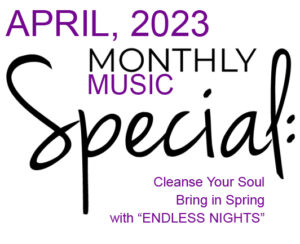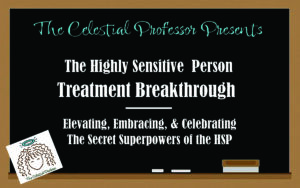Where do you fall on the spectrum of life?
There are all kinds of spectrums in life. Where we fall on the scale of one thing or another. The medical profession loves to compare and contrast us, for example. To place us on a graph that will then project where and what we’ll be in 5 years or 10 or 20.
An unfortunate side effect of such comparing and contrasting is that it sets us up for a lifetime of being the potential top dog or, for the rest of us, the one who perches on one of the rungs below.
Some of us are lucky enough to disregard, or at least minimize, the effect of this competitive environment. Maybe we have parents who taught us to love ourselves for exactly who we are, whatever that looks like.
Most of us don’t have that luxury.
Instead, we find ourselves compelled to be swept along in the current of “where are you on the scale, on the graph” as opposed to someone else and in the make-or-break mentality of winner versus loser. And it’s not a friendly place….
In my course on high sensitivity (The HSP Breakthrough Treatment), I ask participants to do an inventory to identify their sensitive nature according to a large number of qualifiers.
So, yes, I am also asking people to see themselves on a scale.
However, the thing about this kind of scale is that it has no good or bad qualifications. Nothing that identifies where you might land at any projected time. Nothing that tells you that how you compare to anyone else is a good thing or a bad thing.
The reason we start with inventorying our sensitivities is to learn to identify ourselves as HSPs. Identification is a critical starting point to understanding the way we have interfaced with the world, probably for all our lives. What comes after that, though, does not have to be a lesson in correction.
I’ll explain.
The label of HSP, High Sensitivity, is one that has the potential to free us up to explore our options. Once we know that there is a reason (label, diagnosis, genetic propensity) for the way we are, we often feel lighter, relieved of our burden.
But—once again, unfortunately—that feeling of lightness and relief rarely lasts. Why? Because we are still directing our focused mind on all the emotional ways we have trouble coping.
The Difference Between Emotional & Energetic (Intuitive) Logic for HSPs
And while focusing on the emotional (and/or psychological) aspects of high sensitivity can provide valuable insight, it rarely provides the long-lasting shift in self-awareness, perspective, and ability to live life differently that we so long for.
I talk a lot about the difference between the logic of the mind and the logic of the intuition. That’s because we put far too much emphasis on the mind’s ability for ferreting out what’s real and not real, what’s true and not true, and what matters and what doesn’t matter.
Emotional Logic is another step towards that knowing. However, just like the mind’s meanderings, labeling emotional trends as linked to past and present external events (people and experiences), emotional delving can only take us so far. It’s too easy to get lost in the intense feelings conjured up by what’s going on around us.
Plus, in the directed focus on the intense emotional feelings, it’s all too easy to forget about the underlying energy in the experiences we’re having.
When we incorporate the idea that everything is energy, we realize that includes emotions as well. The energy behind the emotions is what we need to look at to really arrive at the true point of transformation.
Anger has an energy, as does sadness and grief and happiness. If we stop at the emotional content and context, we fail to get to the core of how the energetic content and context is affecting us. It’s like climbing into a warm bathtub and only sinking in up to your knees.
Highly Sensitive Individuals are not simply sensitive on an emotional level. Believing sensitivity is all about emotion does us an extreme disservice. One that can be righted only by deepening our awareness of the energy behind those emotions.
If you’re ready, the time is now to use your mind differently to explore your emotions differently and to, ultimately, live differently.
****************


